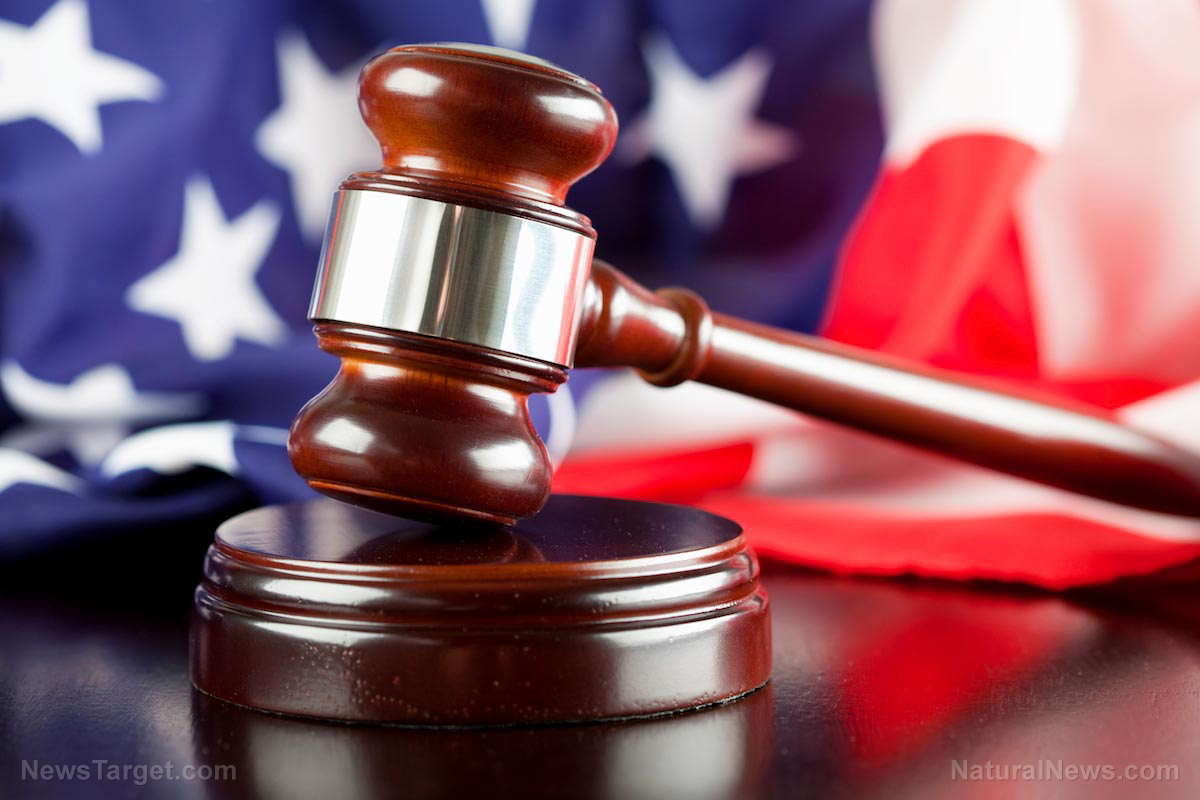 Parler
Parler Gab
Gab
- The European Union is poised to impose a fine exceeding $1 billion on Elon Musk's social media platform, X, for alleged violations of the Digital Services Act (DSA), marking a significant escalation in EU's digital regulation efforts.
- X is accused of refusing to share data with external researchers, lacking transparency about advertisers and verified accounts, and adopting a lax approach to content moderation, which the EU argues makes the platform susceptible to abuse and foreign interference.
- The core of the dispute lies in X's commitment to free speech and minimal moderation, clashing with the EU's stringent regulatory approach that emphasizes centralized moderation and data transparency.
- Elon Musk has vowed to fight the EU's ruling in court, framing the potential fine as an act of political censorship and an attack on free speech. He accuses the EU of using the fine as a political tool and criticizes the DSA as a source of misinformation.
- The case is part of a larger regulatory crackdown on U.S. tech companies by the EU, straining U.S.-EU relations. The outcome will influence the future of digital regulation, potentially setting a precedent for how tech companies are regulated and impacting the balance between free speech and government oversight in the digital space.
The EU’s case against X
The EU's investigation into X began in 2023, and last year, regulators issued a preliminary ruling that the platform had violated the DSA. The alleged infractions include X's refusal to share data with external researchers, lack of transparency regarding advertisers and verified accounts, and a hands-off approach to content moderation. These practices, according to the EU, make X vulnerable to abuse and foreign interference, thereby threatening the democratic fabric of the 27-nation bloc. One of the key points of contention is X's commitment to free speech. The platform has adopted a philosophy of minimal moderation, allowing a wide range of opinions and content to flourish. This stance has put X at odds with the EU's more stringent regulatory approach, which emphasizes centralized moderation and aggressive data transparency.Musk’s response: A public battle for free speech
Elon Musk, known for his outspoken views on free speech and his skepticism of government overreach, has not shied away from the confrontation. Following the EU's preliminary ruling last year, Musk vowed to take the case to court in a "very public battle." In a recent post on X, he described the potential fine as "an unprecedented act of political censorship and an attack on free speech." Musk's defiance is rooted in his belief that the DSA itself is a source of misinformation and that the EU has attempted to broker an illicit secret deal with him for EU-directed censorship. He has also accused the EU of using the fine as a political tool to exert control over digital discourse.The broader context: U.S.-EU relations and the digital divide
The EU's action against X is not occurring in a vacuum. It is part of a broader pattern of regulatory scrutiny targeting U.S. tech giants, including Meta and Apple, under the DSA and the Digital Markets Act (DMA). This aggressive stance has strained trans-Atlantic relations, particularly in light of ongoing disputes over trade, tariffs and the war in Ukraine. In February, U.S. Vice President JD Vance compared European regulations to digital censorship, while a White House memo warned that EU laws could unfairly target American companies. The tension has been further exacerbated by President Trump's criticism of international censorship demands, adding a political dimension to the regulatory battle.The implications for the future of digital regulation
The case against X is a significant test of the DSA's effectiveness and the EU's ability to enforce its digital regulations. If the EU succeeds in imposing a hefty fine, it could set a precedent for how other tech companies are treated under the new law. However, if Musk follows through on his promise to challenge the fine in court, the legal battle could redefine the balance between regulation and free speech in the digital space. The outcome of this dispute will have far-reaching implications for the future of the internet and the global tech industry. It could determine whether the EU's regulatory framework becomes a model for other regions or whether it faces significant pushback from tech companies and their allies.Conclusion
As the EU prepares to levy a potential $1 billion fine against Elon Musk’s X, the stakes are high. The case is not just about one platform or one billionaire; it is about the principles of free speech, the role of government in regulating the internet, and the future of digital discourse. The coming months will reveal whether the EU's regulatory muscle can bend one of the world's most influential tech platforms to its will, or whether Musk's defiance will spark a broader movement against what he and his supporters see as an overreach of power. Sources include: ReclaimTheNet.org NYTimes.com EuropeanConservative.com Markets.BusinessInsider.comSuspect admits targeting Pennsylvania governor in arson attack
By Cassie B. // Share
Man with CZ Scorpion charged with pistol brace ownership, may set dangerous precedent
By News Editors // Share
Scotland’s digital ID system sparks “Big Brother” fears amid privacy backlash
By Willow Tohi // Share
Idaho Legislature clears path for over-the-counter ivermectin sales
By Ava Grace // Share
Federal appeals court authorizes DOGE access to Education, Treasury and OPM records
By Laura Harris // Share
Governments continue to obscure COVID-19 vaccine data amid rising concerns over excess deaths
By patricklewis // Share
Tech giant Microsoft backs EXTINCTION with its support of carbon capture programs
By ramontomeydw // Share
Germany to resume arms exports to Israel despite repeated ceasefire violations
By isabelle // Share










